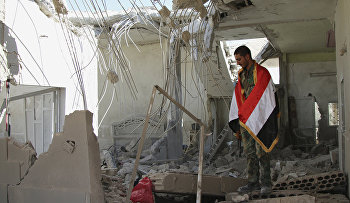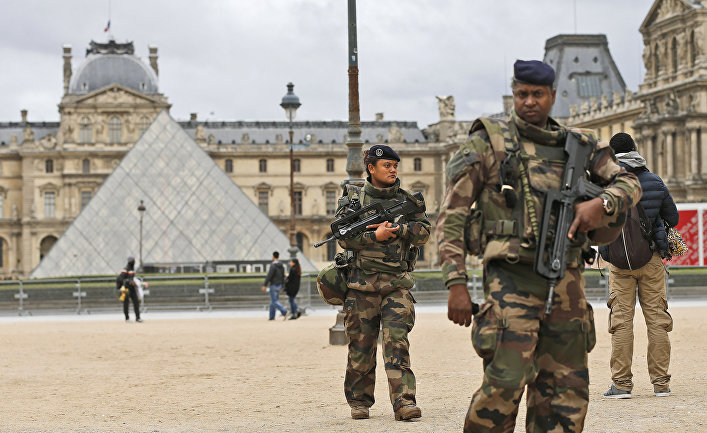President Obama promised not to send "US troops to Syrian ground." Nevertheless, on October 30, the US administration suddenly changed its position as Russian intervention had dramatically changed the situation. From now on, special operations forces will officially support "the rebels" in their fight against the caliphate. Kurds and the Free Syrian Army should also be understood as rebels — a conglomeration of so-called moderate Jihadists including foreign fighters and mercenaries.
The promise not to send US troops to Syria is forgotten now — it is out of the question to allow Russia and its allies to gain foothold in the region. Everyone is pursuing their own goals in Syria, which has become a sandy desert and a heap of ruins. The day of US special forces expedition was chosen for a reason: it allowed John Kerry to improve his position at the meeting with Russian FM Lavrov on Syria in Vienna.
On October 8, Secretary of Defense Ashton Carter, speaking in front of NATO ministers in Brussels, said that Russians will soon have to pay for its intervention. Washington is expecting the Afghanistan story with the same result to be repeated. Starting from 2014, around fifty groups forming controversial "Free Syrian Army" have been receiving thousands of American BGM-71 TOW anti-tank guided missiles. These weapons come from the Saudi Arabian warehouses, being delivered free by Saudi and CIA agents to jihadist groups in Jordan and Turkey.
.@ChrisChristie calls @POTUS "a joke," says Obama "created this entire situation" with Syria https://t.co/VwrW5HNV0o https://t.co/cSMCU6UJbx
— CNN (@CNN) November 18, 2015
Increasingly weak Syrian army was experiencing difficulties, which finally resulted in Russian intervention. In 2011, Syrian military forces numbered around 300 thousand personnel. Today the enlisted members of the Syrian military have dropped by over a half from the pre-civil war figure. Nevertheless, now this compact army is no doubt more effective and battle-hardened over the years of the city fights side by side with its allies from the Lebanese group Hezbollah. Yemen's Ansarullah fighters captured large stocks of TOW missiles and successfully used them against the Saudi and Qatari forces during recent fighting in the area of Marib.

There are 30,000 foreign fighters in Syria now. Every month they multiply by about thousand people arriving from hundreds of different countries. As a result, Syrian conflict is becoming a global-scale disaster.
Civil wars in Ukraine, Syria and Yemen are the different fronts of the global war, led indirectly by the US and its allies against Russia and its partners. A radical Islam is playing an increasingly important role in this global scale conflict, which can be called "a new Cold War". Whoever controls Syria, will also dominate the Middle East. That's why none of the participants can afford to lose this war. Thus, the escalation of the conflict is inevitable.






